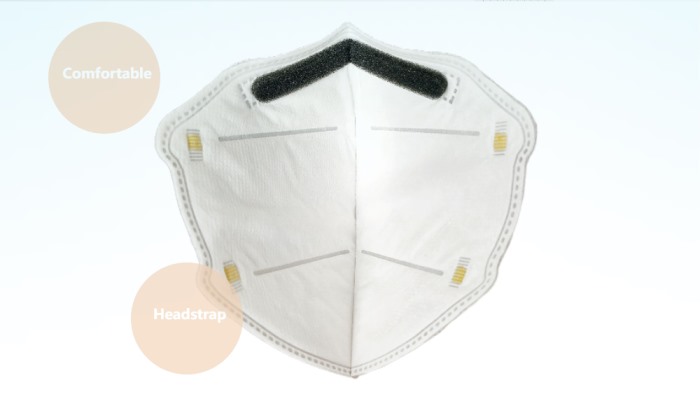The N95 Face Mask: Why You Need One
The N95 Surgical Mask and Its Life-Saving Importance
While academics are finding effective techniques of cleaning such masks, healthcare providers are performing fits testing with N95 masks, which, take a look 3M N95 medical masks, like surgical masks, are designed for single use only. N95 masks are so named because they effectively prevent 95% of particles and fluids from entering the wearer's face. Wearers of N95 masks may find it easier to breathe, but they are still exposing themselves to microorganisms in the air. When it comes to protecting their users, N95 respirators are on par with others; nonetheless, see best hairstyle for N95 mask, they are still limited and require reservations for use by medical personnel and emergency responders. Medical masks and the even more protective N95 respirators have both been shown to prevent healthcare workers from contracting a variety of respiratory diseases, while there is some controversy as to which is better suited to the treatment of patients with a variety of respiratory infections. Protective gear such as N95 respirators and surgical masks are used to prevent contaminants from reaching the user's face. Surgical masks and N95 respirators provide protection against fluids and fragments, while N95 respirators and other filtering system facepiece respirators (FFRs) provide protection from breathing hazards. Homemade face coverings may function and would likely result in fewer deaths, but their capacity to contain SARS-CoV-2 is far lower than that of medical-grade masks. Droplets expelled from a person's mouth, which might contain infectious bits, have been proven to be greatly reduced when that person wears a facial covering or mask. Also, these masks may filter out large particles from the air and prevent any moisture from reaching the wearer's eyes. A surgical mask, when worn correctly, helps block the entry of bigger particles like beads, sprays, or sprays that may contain germs (microorganisms and viruses), keeping them out of the mouth and nose. In comparison to a medical mask, a N95 respirator mask provides far greater protection since it can filter out both big and small particles when the wearer breathes in. N95 respirators are designed to seal snugly around the nose and mouth, forcing you to draw air into the mask before exhaling it; when worn correctly, they can block at least 95% of tiny particles. Some doctors are also recommending that people, including those who have been immunized, wear protective masks such as N95 or KN95 respirators, medical masks, or dual-masking (where a surgical mask is worn underneath a towel). In enclosed public settings, the KN95, n95, or kf94 masks offer the best protection against the highly contagious SARS-CoV-2 Omicron strain, replacing the previously recommended towel, reusable masks. Studies have shown that masks significantly reduce the transmission of respiratory viruses. S.



Comments
Post a Comment